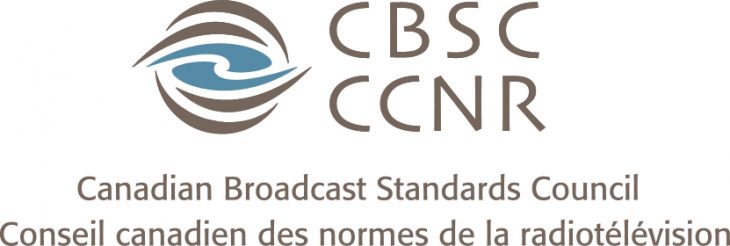
OTTAWA – Television stations are allowed to report on the activities of other divisions owned by the same parent company, the Canadian Broadcast Standards Council (CBSC) has ruled.
The CBSC received two complaints alleging conflict of interest in two separate reports that aired in May and June 2015. The first concerned a Global Ontario report about the online video streaming service shomi, which is partially owned by Global parent Shaw, along with Rogers. The report informed viewers that shomi would soon be available to anyone wishing to subscribe to it, rather than only to Shaw and Rogers television service customers as had been the case when the service first launched.
The second complaint was about a report on Bell-owned CTV News Channel about Bell offering faster internet service in Toronto. In both cases, the viewer felt that the reports inappropriately promoted other services owned by the same parent company, and argued that this constituted a conflict of interest, as the parent company stood to gain financially from the positive news coverage of its services.
Global and Bell responded that the two stories were significant developments in the media and telecommunications industries which were in the public interest. They also explained that the decisions to run the stories had been taken by the news editorial teams with no interference or pressure from upper management of the parent companies. Both reports disclosed that there was a relationship between the television stations and the services which were the subject of the reports.
The CBSC’s English-Language Panel examined the complaints under provisions of the Canadian Association of Broadcasters’ (CAB) Code of Ethics and Radio Television Digital News Association of Canada’s (RTDNA) Code of Ethics dealing with conflicts of interest and management intrusion into news. The Panel found no breach of either code in its decision released Wednesday. It stated that broadcasters should not be prevented from covering stories of interest to the public just because the subject might be related to the parent company.
The Panel also noted that disclosure of any relationship between a broadcaster and a news subject is good practice, as was followed in these two instances. With respect to these two specific news reports, the Panel found that they were informative, balanced, unbiased and did not serve as vehicles to attract customers to the parent companies’ other services.



